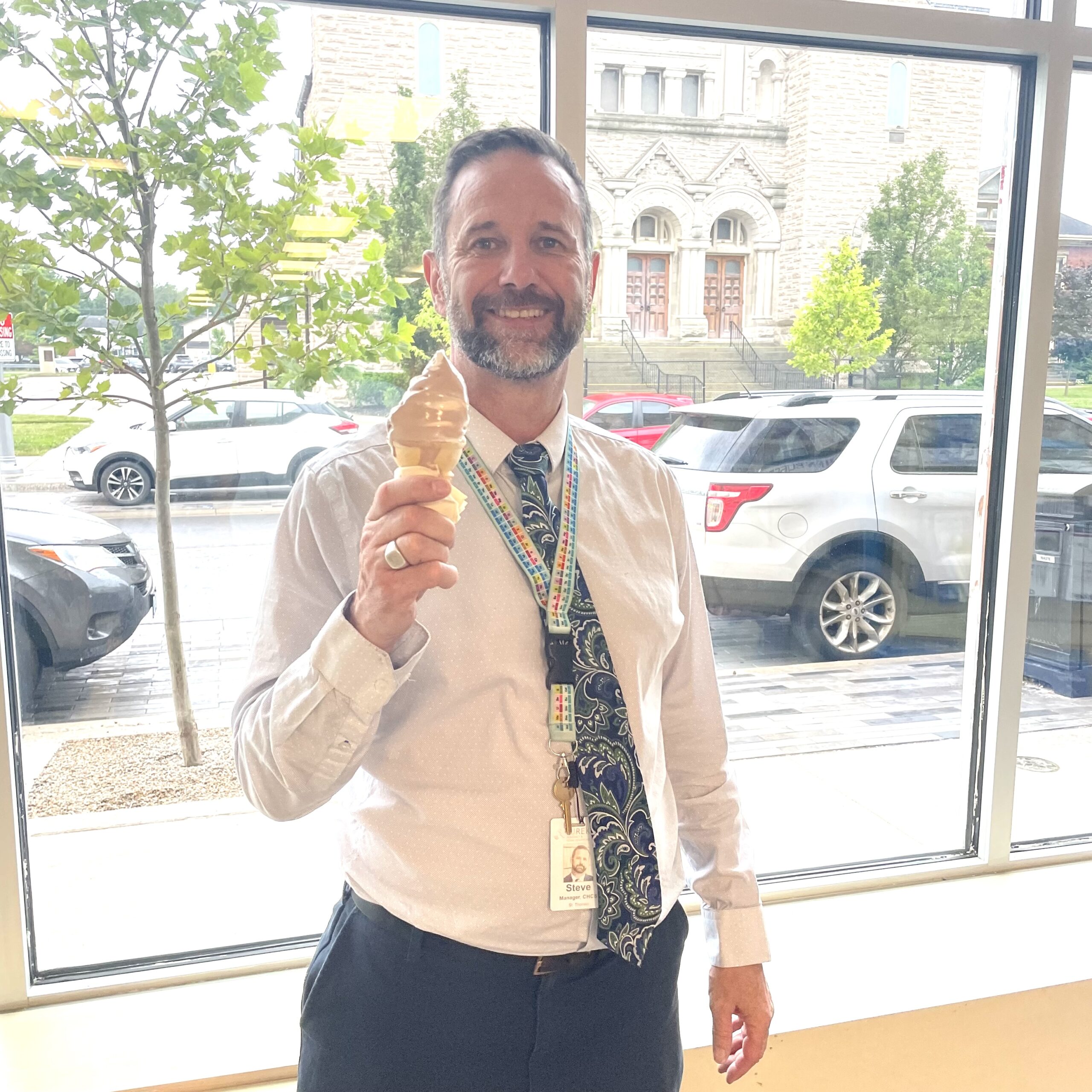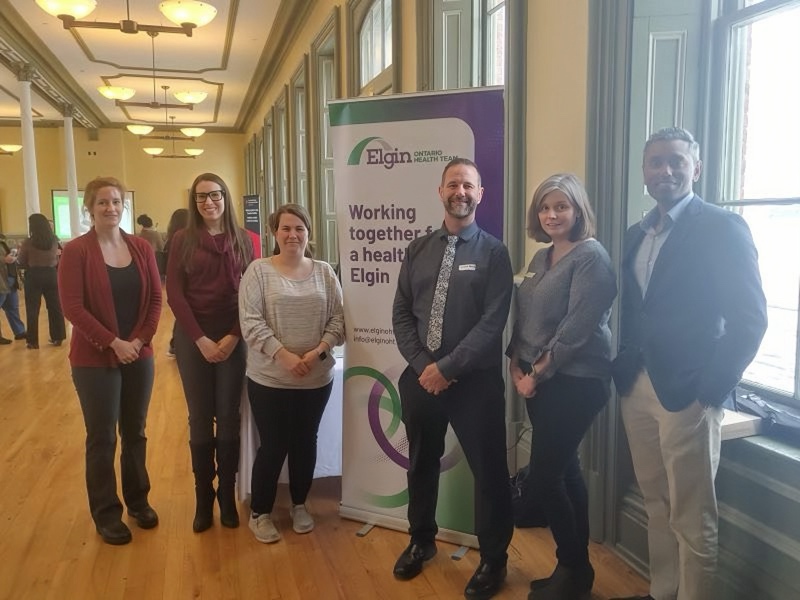“I keep six honest serving men, they taught me all I knew. Their names are What and Why and When and How and Where and Who.” So begins a poem written in Rudyard Kipling in 1902. Without going into further details, he follows up by summarizing that many adults take breaks from the questions and unlike our children (who seem to ask a million questions) we become complacent and accepting of what we hear or read without question.
So now you’re probably asking the questions- Where is he going with this? Why is he writing about poetry instead of a cool new drug or interesting disease?
I am often asked about products or health claims that people hear about through email, Facebook or simply browsing the internet. The claims usually start with a warning that this is something big pharma or your doctor doesn’t want you know followed by a claim that sounds too good to be true. First of all, I explain, I know many doctors and nurse practitioners and if they wanted their patients to be sick or dependent on them, they wouldn’t push vaccinations, blood pressure control, smoking cessation or other healthy life choices. Secondly, if something seems too good to be true-it probably is. Many of these “hidden gems” cannot offer any evidence to back their claims except for testimonials. Some individual swears that the herb concoction cured her child’s ADHD or improved his Parkinson’s that his doctor couldn’t. They may even go as far as to cite some study where 10 people took the product and 7 out of 10 had a better night’s sleep. This is known as anecdotal evidence and is the weakest and least reliable form of evidence.
I never send anyone away who asks my opinion without basing it on good scientific examination. (aka My six serving men). The internet is filled with lots of bogus and questionable information but there is also quite a bit of good, solid information backed by scientific study. Unfortunately, this evidence is rarely published on social media or YouTube.
Recently, a researcher named Jonathan Jarry, with McGill University’s Office for Science and Society, posted a video claiming that a cure for cancer has been known since the early 1800’s. He had flashy stock photos and music with bold sentences. The video has over 10 million views. At around the 39 second mark, when people are ready to order this magical moss, he delivers the real message- Question everything! Take care of yourselves and each other.








